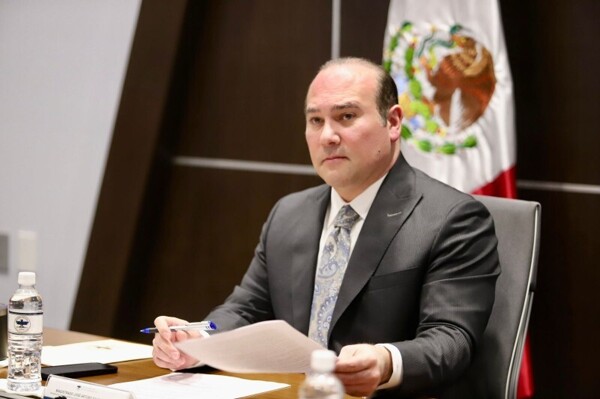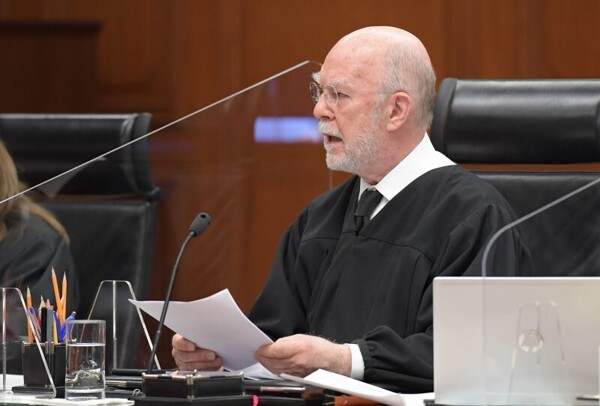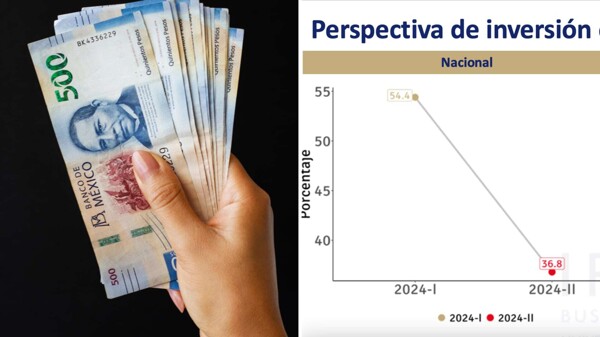
Today a reform is being voted on that will include a restriction in the article of the Constitution that limits constitutional controversies regarding additions or reforms to it. Modifications are also added to the article on the amparo trial, establishing that it will not proceed against additions or reforms to the Constitution and limiting the general effects of the judgments on the unconstitutionality of general norms.
The transitory provision of the ongoing reform indicates that pending matters must be resolved according to the new provisions. These reforms are part of a change in the rights regime in Mexico occurring within a short period of two months, characterized by excessive noise and a lack of dialogue in its approval.
Among the constitutional changes are those related to the requirements to be a minister of the Supreme Court, which are now established based on a three-page essay and letters of reference from neighbors. New powers are also granted to the National Guard regarding the investigation of crimes, allowing their intervention in functions that were previously exclusive to the civil police.
These modifications have significantly transformed the Constitution, losing part of its character as a guarantor of fundamental rights. The expansion of the military authorities' role in non-military functions is particularly criticized, representing a substantial change in the balance of powers in the country. The "ultra-majority legislative" is reinforced to prevent the reversal of these reforms, raising concerns about the future of rights and international treaties in Mexico.
In summary, these constitutional reforms have been rapid, radical, and forceful, profoundly transforming the structure and nature of the rights regime in the country.














